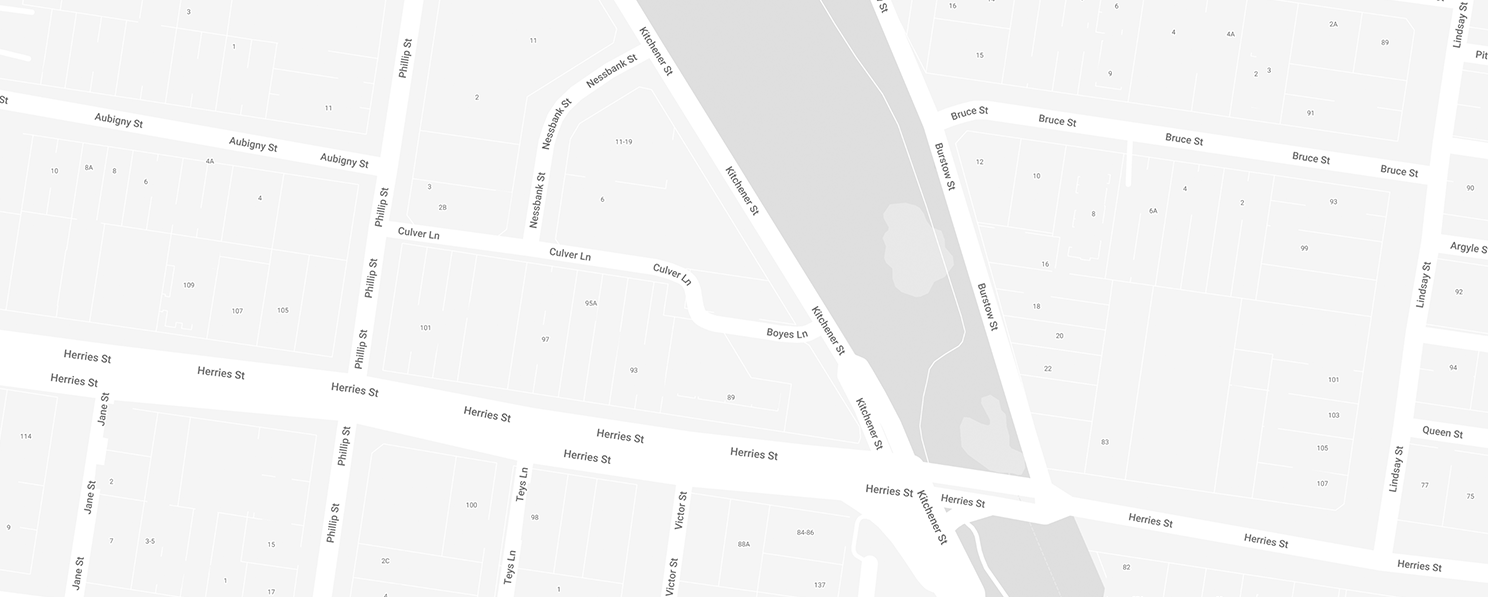In case of a dental emergency, please call immediately!
What can you eat with braces?
It is possible to enjoy a varied and nutritious diet with braces.
If you have decided to go ahead with orthodontic treatment in the form of braces, you might be wondering what lifestyle changes you will need to make while you straighten your teeth. An important consideration whilst wearing braces is your diet — there are a few foods that are best avoided throughout treatment. Fortunately, there are plenty of foods that you can continue to eat with braces. Read on to find out what some of the best options are, and which foods to stay away from…
What can you eat when your braces are first fitted?
The process of having braces fitted does not cause any pain, but you are likely to experience some discomfort and sensitivity in the first few days after your appointment. During this time, it is best to eat foods that don’t require much chewing. Some good options include mashed fruits and vegetables; scrambled eggs; soups; and yoghurt.
While you adjust to the feeling of your new braces, it is best to avoid foods that can irritate your mouth or cause too much pressure. These include spicy and citrus foods; thick cuts of meat; and thick breads.
Within a few days to a week, any discomfort should resolve and you will be able to incorporate more foods into your diet.
What foods should you avoid with braces?
Although braces are made with strong and durable materials, they can be damaged by certain foods. It is best to avoid sticky and hard foods completely as these can break your wires and bands, or cause a bracket to detach from a tooth. Some particularly hard and sticky foods that should be avoided include popcorn, whole nuts, chewing gum, candy and ice. It is also advisable to avoid hard breads and rolls, as well as crackers, pizza crusts and chips.
To maintain your oral health throughout the course of your orthodontic treatment, it is a good idea to limit your consumption of sugary foods and drinks. Every time that you eat or drink something that contains sugar, plaque forms on the teeth. Although plaque can be removed by brushing and flossing, it is more difficult to do when you have braces. When plaque builds up on hard-to-reach areas in the mouth, the risk of tooth decay increases.
How do you keep your teeth healthy?
Besides sticking to a balanced and healthy diet during your orthodontic treatment, it is also important that you practice proper oral hygiene. It is advisable that you brush your teeth at least three times a day, ideally after meals. When you brush your teeth, be sure to clean around your braces to remove all food particles. Flossing daily will also help to keep your teeth clean and healthy.
We also encourage all patients to come in for a check-up and clean regularly. This will ensure that plaque is removed from your teeth and gum line, and that your oral health stays on track while you have braces. Any adjustments can also be made at these appointments to make sure that your braces are correctly fitted.
How can we help?
At Kitchener Street Dental, we offer a range of orthodontic treatments, including braces. We offer Insignia Advanced Smile Design, which makes use of virtual treatment technology software to create customised brackets and wires. Insignia technology allows for precision when it comes to bracket placement — this helps to achieve efficient tooth movement in a relatively short time.
We also offer Damon System Braces, which use self-litigating mechanics to move the teeth efficiently. The Damon system reduces treatment time, as well as the number of necessary adjustment visits.
If you would like to find out more about the orthodontic solutions that we offer at Kitchener Street Dental, please have a look here.
If you would like to arrange a consultation, please give us a call on 07 3184 8462 or get in touch with us here.

Download the E-book
Fill out the form below to download our ebook
Get in touch
Speak to the team at Kitchener Street Dental to book in for an appointment.

